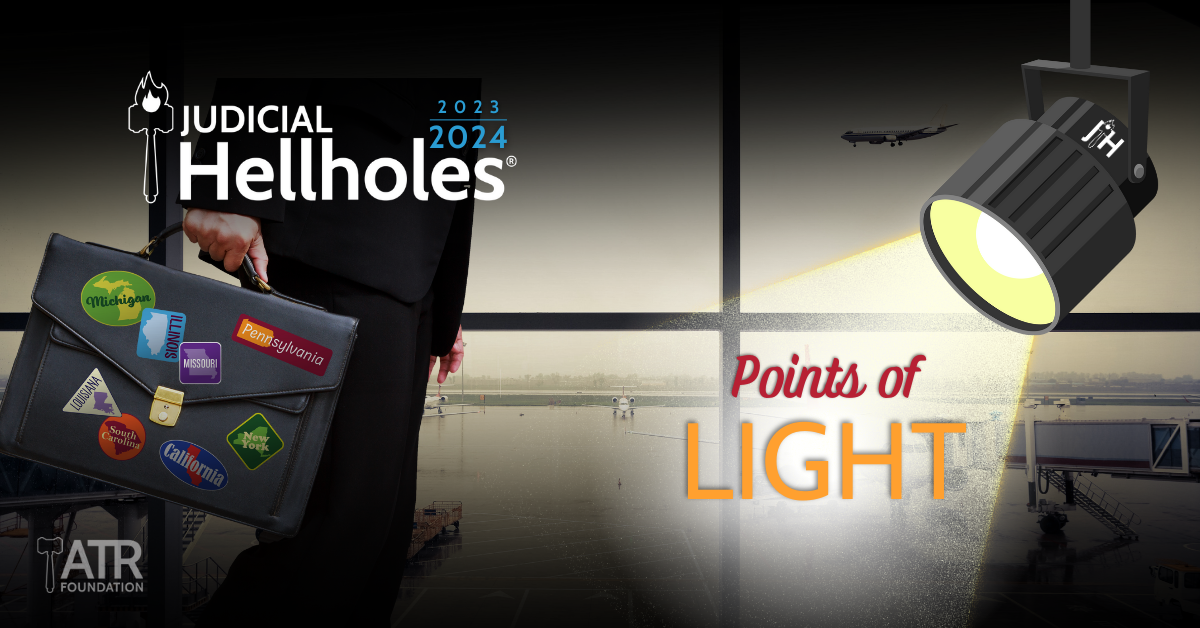Chicago Jury Rejects Junk Science in Zantac Trial
Earlier this month, a Cook County jury refused to hold Zantac drug manufacturers liable for causing a plaintiff’s colon cancer, in the first of hundreds of cases scheduled to go to trial. With this decision, the jurors soundly rejected the junk science that serves as the basis for these claims. Now all eyes turn to Delaware where a judge is considering a challenge to plaintiffs’ expert evidence.
Valisure, a small private lab in Connecticut, is at the center of the litigation. Zantac was pulled off the market in 2020 after a study by Valisure found that one of the medication’s ingredients, Ranitidine, could possibly become carcinogenic under highly unlikely circumstances. This baseless study, which stands in stark contrast to 16 other human epidemiology studies, is the catalyst for the litigation onslaught.
Valisure’s testing methodology involved heating the product to well over 200 degrees, which is clearly not a realistic scenario for how an individual would consume the drug, considering that is double the temperature of the average healthy person.
Besides heating the product to temperatures it would not otherwise be subjected to, Valisure also tested the product with an artificial stomach containing unusually high amounts of salt – amounts that humans could not safely ingest.
To make matters worse, the FDA actually found that Valisure’s lab equipment created NDMA, the cancer-causing chemical in question.
Multi-district litigation in Florida involving Zantac was dismissed last year after the flaws behind the science of Valisure’s claims were exposed by Judge Robin Rosenberg, which, as she pointed out in her opinion, “undermines the credibility of their findings.”
Judge Rosenberg wrote in her opinion that “the Plaintiffs’ scientists within this litigation systemically utilized unreliable methodologies with a lack of documentation on how experiments were conducted, a lack of substantiation for analytical leaps, a lack of statistically significant data, and a lack of internally consistent, objective, science-based standards for the evenhanded evaluation of data.”
Delaware Superior Court Judge Vivian L. Medinilla now is reviewing the same expert evidence challenges. It is essential she exercise her essential role as gatekeeper and keep junk science out of her courtroom. The newly amended Federal Rule of Evidence 702 empowers and instructs judges to critically examine an expert’s methodology before allowing testimony — a crucial safeguard against the type of questionable, litigation-driven science promoted by Valisure.







